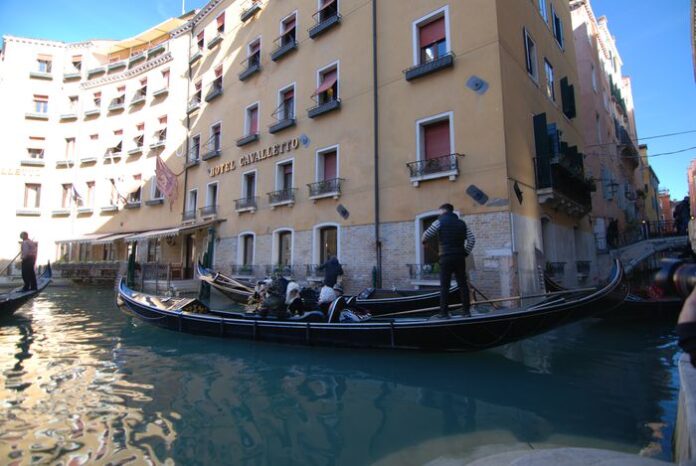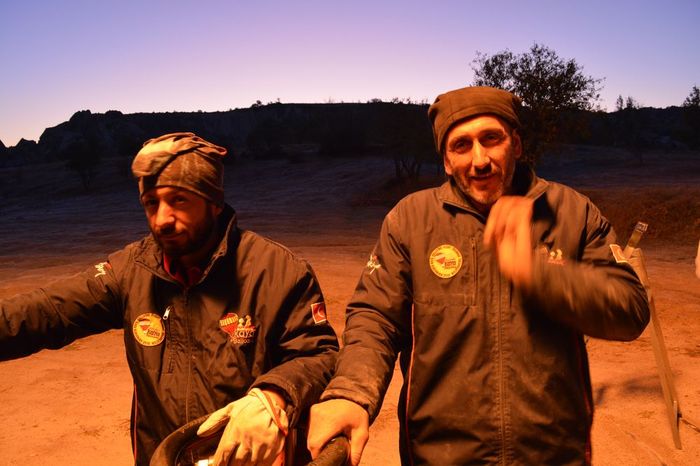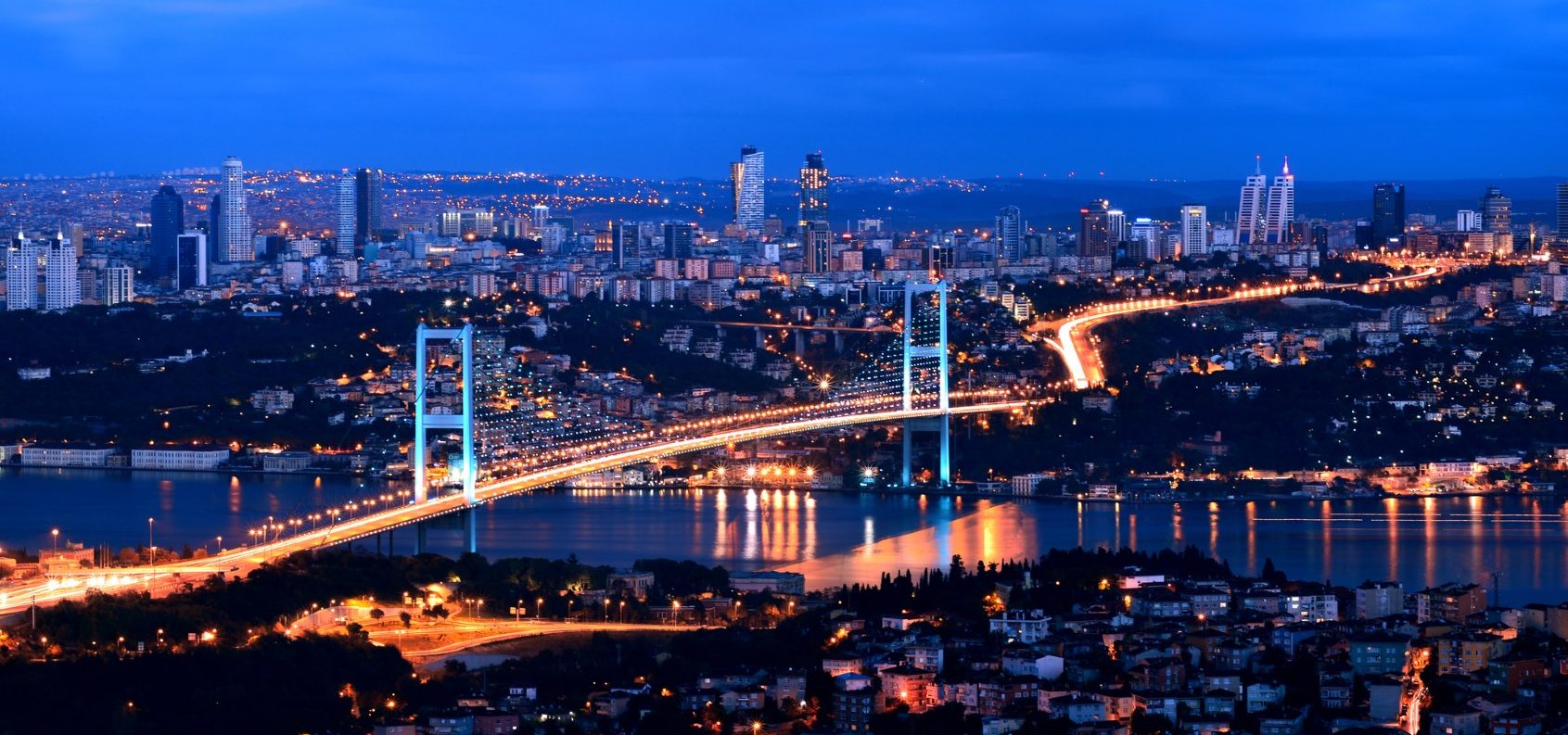A City Founded by Philip of Macedon
Philippopolis is the second-largest and second-most important city in Bulgaria. It has a long and exciting history. The city was founded by Philip of Macedon around 350 B.C., and its story is filled with romance and adventure.
The city is beautifully located on three granite hills, offering impressive views. Philippopolis is home to several fine buildings and churches, representing many different religions Ephesus Guided Tours.
Education and Progress in Philippopolis
Philippopolis is also known for its educational institutions. One of the most important schools in the city is the Alexander Gymnasium, which was established by the late prince. This boys’ school is one of the most advanced educational institutions in Bulgaria, and it has had a significant impact on the country’s education system.
There is also a government-run school for girls’ higher education. This school has played a crucial role in advancing women’s rights and education in Bulgaria Fruit and Agriculture in Bulgaria.
A Diverse Population
The marketplace in Philippopolis is a lively and colorful place where you can see people from different backgrounds. Nearly every Oriental race is represented in the population. You can see a wide variety of traditional costumes.
Bulgarians are easily recognized by their kalpaks, which are hats made from lamb’s wool.
Turkish men wear fezzes, a traditional red hat.
Turkish women typically wear muslin veils or shawls to cover their faces, while Bulgarian women follow the European tradition of not covering their faces.
Bulgaria’s Population and Religion
The Population of Bulgaria
According to the 1893 census, the population of Bulgaria was 3,310,713 people, and there has been little change since then. The people of Bulgaria are made up of various ethnic groups, including:
2,505,326 Bulgarians, 569,728 Turks, 58,518 Greeks, 13,260 Gypsies, 27,531 Spanish-speaking Jews, 16,298 Tartars
And many other ethnic groups from around the world.
Religion in Bulgaria
The official religion in Bulgaria is the Orthodox Greek Church, and it plays an important role in the country’s culture. However, in 1870, the Patriarch of Constantinople excommunicated the Bulgarian people because of their demands for religious independence. As a result, the Bulgarian Orthodox Church has been governed by a synod (a group of twelve bishops) ever since.
The Bulgarian Orthodox Church is now managed by the Minister of Education, and the clergy are paid by the government.
Religious Distribution
In 1893, the religious breakdown in Bulgaria was:
2,606,786 Orthodox Christians, 643,258 Muslims (Mohammedans), 22,617 Roman Catholics, About 3,500 Protestants








